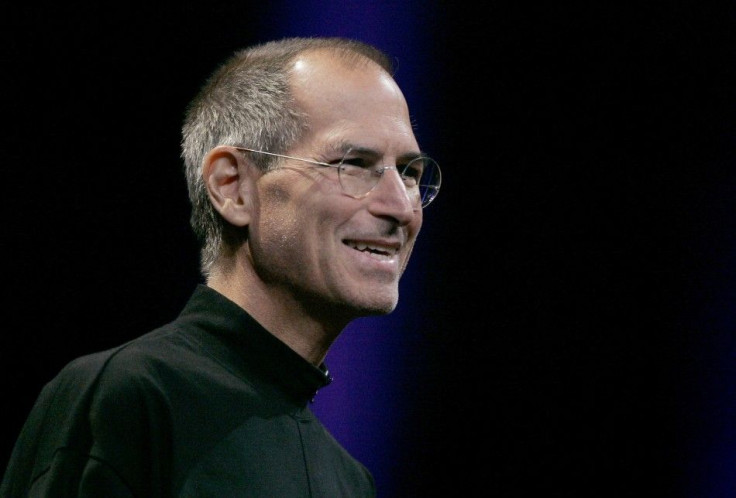Steve Jobs Death: Syrians Claim Apple Co-Founder as One of Their Own

While many learned of Steve Jobs' death on one of his technologically revolutionary inventions, Syrians were quick to claim the Apple co-founder as one of their own, despite only recently discovering that, because of a Syrian-born biological father, Jobs was connected to their homeland.
Jobs, who died Wednesday at age 56 after a long battle with pancreatic cancer, was adopted after his birth in San Francisco to an American mother, Joanne Carole Schieble, and Abdulfattah John Jandali, a Syrian, Reuters reported.
Jandali, born in the Syrian city of Homs, who would later become an executive of the Boomtown Casino in Reno, Nevada, said that Schieble's tyrant father forbade a marriage to a Syrian, and so their baby was adopted by a married couple from California, Paul and Clara Jobs.
Without telling me, Joanne up and left to move to San Francisco to have the baby without anyone knowing, including me, Jandali told the New York Post in August. She did not want to bring shame on to the family and thought this was best for everyone.
Because of that, many Syrians were unaware of the connection between their country and Apple, Reuters wrote, but they were quick to embrace Jobs when news of his death broke.
A sick world we live in when Steve Jobs has to die of cancer and [Syrian President] Bashar al-Assad remains Syria's cancer, one opposition supporter wrote on Twitter.
On Jobs's Passing: 'The Wrong Syrian Died Today'
Another tweeted: The wrong Syrian died today.
Others hailed Jobs, whose Syrian links have been little mentioned until now, as a great Arab American and the most famous Arab in the world.
I felt sad, not because he is of Syrian origin, but because we will miss the inventor and his inventions, said Rana, a 21-year-old student. But I think that if he had stayed in Syria, he would not have invented anything.
Jobs founded his company in Cupertino, Calif., in 1976, when he was just 21 years old. By age 25, he was a multimillionaire, making his debut on the cover of Time Magazine at 26. He was ousted at age 30 but returned in 1996, with the company struggling. The next year, he became CEO, and over the next 15 years, he presided over technologies that changed the way the world operates.
Under his leadership, the company developed the iPod in 2001, widely credited for reviving the suffering music industry. Continuing to revolutionize technology, Apple released the iPhone in 2007 and the iPad in 2010.
Jobs had fought back a rare form of pancreatic cancer in 2004, and he had endured a liver transplant in 2009. Despite disintegrating health, he remained chief executive of the company until his Aug. 24, 2011, resignation.
Apple has lost a visionary and creative genius, and the world has lost an amazing human being, read a banner on the company's website. Those of us who have been fortunate enough to know and work with Steve have lost a dear friend and an inspiring mentor. Steve leaves behind a company that only he could have built, and his spirit will forever be the foundation of Apple.
© Copyright IBTimes 2024. All rights reserved.




















